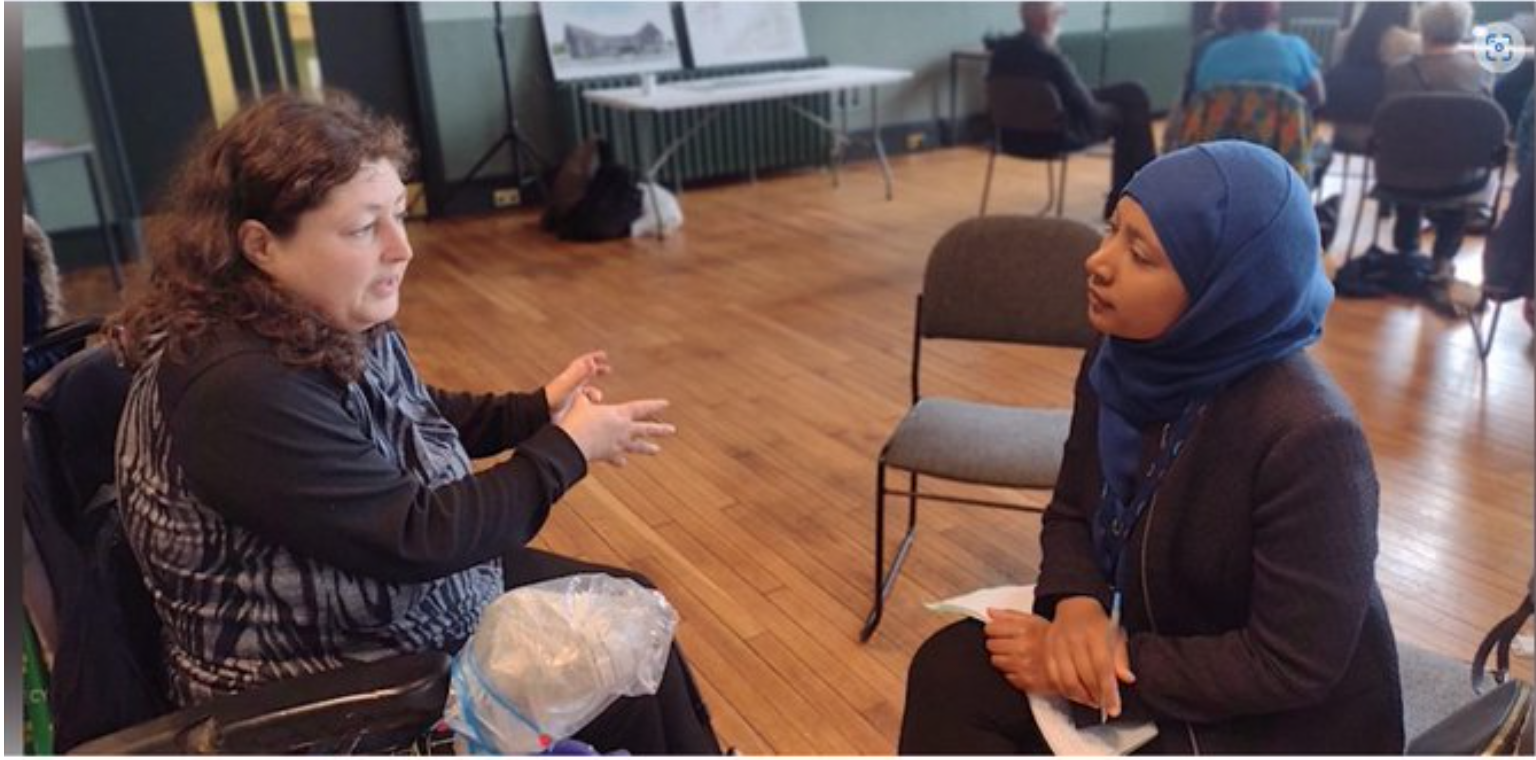By Desiree Fields (@fieldsdesiree)
Financialisation is a term initially developed to capture the growing power of finance in the economy since the 1970s. The term refers to the way that capital accumulation increasingly happens not through industry—via producing and trading commodities, but through financial channels—via producing and trading financial instruments, the proliferation of debt, and the expansion of the stock market. This means that financial actors such as stockbrokers, banks, payday lenders, investment firms, and private equity funds all play a bigger role in the economy, and so does their way of seeing the world in terms of investments. But the economy is not disconnected from the rest of the world—it is intimately connected to society and politics. Because the economy, society, and politics are so intertwined, financialisation is also spilling over into our cities, homes, and lives in all kinds of ways.
Financialisation is an increasingly important dynamic in the way our cities grow and change. As scholar Louis Moreno argues, the dense concentrations of infrastructure and real estate that define cities are the “material basis for economic decision-making” in a capitalist system. Real estate and infrastructure development projects rely on access to financial capital, because these projects cost a lot of money, and the costs can usually only be recovered over a long period of time. The urban built environment therefore offers a handy escape valve for the global wall of money that has built up in recent decades: financial actors can invest in development projects and earn interest, dividends, and rents on their investments. And by expanding and improving the urban landscape, future capital accumulation is supported.
But, this process can be risky: As competition for profitable investment in the built environment heats up, the role of finance capital in urbanisation becomes increasingly speculative and prone to setting off a property crisis, thereby dramatically devaluing assets and igniting a broader economic breakdown—this is exactly what we saw in 2008.
Since the 2008 crisis, the process of housing financialisation has changed considerably, moving beyond homeowners and mortgages to private and social rented housing. In the UK, the Build to Rent (BTR) sector is a key site of financialisation. Data from the British Property Federation shows that since 2014, BTR has increased from approximately 25,000 units to over 100,000 units. Manchester is a major site for BTR development: a vertical spectacle of towers and cranes is currently remaking the core of the city. This housing boom is funded largely by private equity funds, investment firms, and other financial actors. Jon Silver’s research has found that of BTR projects in Manchester, over half are financed through international investment, with capital flowing to UK-based developers from Abu Dhabi, Saudi Arabia, Hong Kong, China, Singapore, Holland, Germany, and the US.
The current wave of BTR underway in the Manchester area can be understood as a kind of twofold financialisation. The first is at the point of production, through the role of offshore finance capital from sovereign wealth funds, private equity funds, holding companies, and other types of financial actors in development. The second is through housing provision, either by small-scale investors purchasing units off-plan, or at the scale of entire buildings by the developers and institutional investors bringing the projects on-line.
As private rental housing is positioned as an ideal investment vehicle, the city is increasingly governed by the imperative to maximise and safeguard returns. Reducing the value of urban space to its ability to be commodified has consequences for the place of the working class, marginalised populations and activism in the city: homelessness becomes criminalised as a threat to securing investment, spaces for organising and collective action are squeezed out in favour of regeneration toward higher and better uses, and policing and surveillance techniques serve to intimidate behaviours and populations that might compromise smooth capital flows. A crucial task for those concerned with displacement, the erosion of public space, and the criminalisation of difference is to begin to understand how financialisation is a common link in these problems, and to act collectively to reclaim our cities.
25 April 2019





